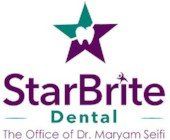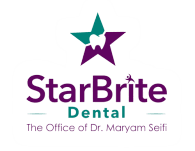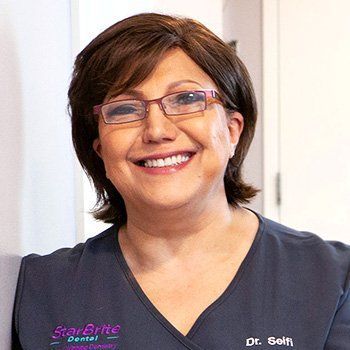More Teeth, More Brain Power? A Big 10-Year Study Says Yes
A large study in Japan looked at 44,083 older adults to see if people with more natural teeth live more years without dementia. The short answer: yes—keeping more teeth was tied to longer dementia-free life and longer life overall.
Snippet: “Having more teeth was associated with longer dementia-free and total life expectancies.” (read the study).
What Did the Researchers Do?
The team followed people ages 65+ for 10 years. They grouped participants by how many natural teeth they had: 20+, 10–19, 1–9, or 0. Then they tracked who developed dementia and who passed away. Using those data, they estimated how many years people could expect to live without dementia.
The Key Numbers (Age 65)
- With 20+ teeth, people were expected to live about 16.4 dementia-free years (men) and 18.9 dementia-free years (women). Total life was ~17.8 years (men) and ~22.0 years (women).
- With 0 teeth, dementia-free life dropped to ~14.4 years (men) and ~17.1 years (women). Total life was ~15.4 years (men) and ~19.8 years (women)
Why Might Teeth Matter for Your Brain?
The authors discuss a few simple, common-sense reasons:
- Nutrition: More teeth make chewing easier, so people can enjoy a wider range of foods that support brain health.
- Social life: Tooth loss can make people avoid talking or going out, which raises dementia risk.
- Inflammation & stimulation: Gum disease and fewer teeth may reduce chewing-related brain stimulation and raise inflammation—both linked to cognitive decline.
What You Can Do Now
- Brush and floss daily.
- See your dentist for routine cleanings and gum checks.
- Treat gum disease early.
- Limit sugary drinks to protect teeth.
- If you’ve lost teeth, ask about
dentures or implants to improve chewing and confidence (the study focused on natural teeth, but better function can still help daily life).
What This Study Does Not Prove
This research shows a strong link, but it doesn’t prove that teeth cause longer dementia-free life. Still, caring for your mouth is a smart move for healthy aging. For the exact statistics and methods, check the ScienceDirect page.


